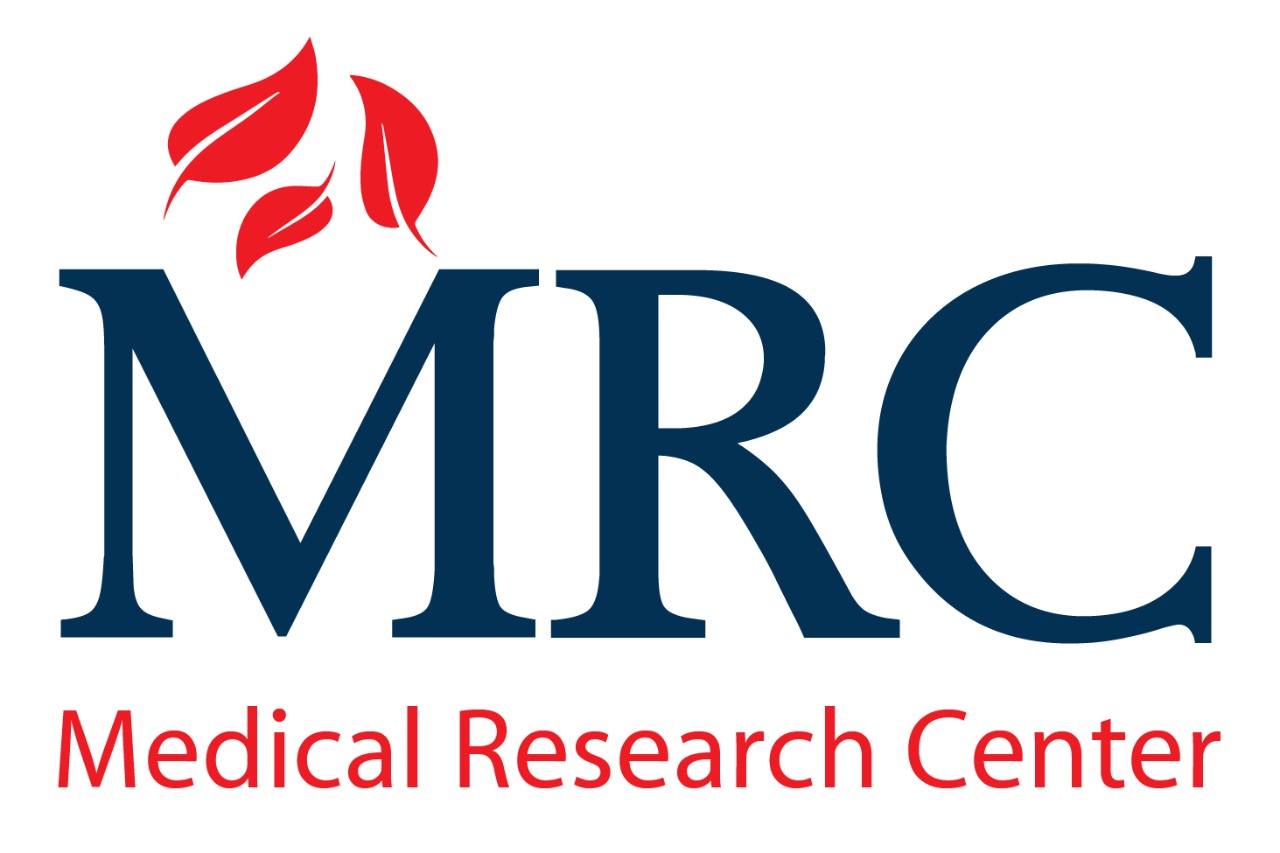
What We Offer At MRC LAB
We have a fully equipped facility to provide comprehensive testing for any drug abuse.
- Reliable Testing Environment
- State Of The Art Equipment’s
- Drug Screening From Urine Samples
- Drug Screening From Blood And Hair Samples
- Qualitative And Quantities Confirmation Of Cannabinoids In Urine Samples.

Q&As on COVID-19 and related health topics
What is COVID-19?
COVID-19 is the disease caused by a new coronavirus called SARS-CoV-2. WHO first learned of this new virus on 31 December 2019, following a report of a cluster of cases of ‘viral pneumonia’ in Wuhan, People’s Republic of China.
What are the symptoms of COVID-19?
The most common symptoms of COVID-19 are
- Fever
- Dry cough
- Fatigue
Other symptoms that are less common and may affect some patients include:
- Loss of taste or smell,
- Nasal congestion,
- Conjunctivitis (also known as red eyes)
- Sore throat,
- Headache,
What happens to people who get COVID-19?
COVID-19 is more likely to go deeper than viruses like the common cold. Your lungs might become inflamed, making it tough for you to breathe. In rare situations, children can develop a severe inflammatory syndrome a few weeks after infection.
Who is most at risk of severe illness from COVID-19?
People of any age can catch COVID-19 . But it most commonly affects middle-aged and older adults. The risk of developing dangerous symptoms increases with age, with those who are age 85 and older are at the highest risk of serious symptoms.
What are the symptoms of COVID-19 that warrant testing?
Any of the following that are unrelated to a chronic condition: Cough, shortness of breath, fever, fatigue or body aches, headache, new loss of taste or smell, sore throat, congestion or runny nose, nausea or vomiting, diarrhoea.
I have symptoms of COVID-19. What should I do?
If you have symptoms of COVID-19, you may contact us directly at +11-1110144501. MRC professionals will assist you with determining. Stay at home until you have received guidance, which may include testing for COVID-19.
Are there long-term effects of COVID-19?
COVID-19 symptoms can sometimes persist for months. The virus can damage the lungs, heart and brain, which increases the risk of long-term health problems.
Where can I learn more about COVID-19 testing?
MRC LAB provides information about testing for COVID-19, including who should be tested and what actions to take based on test results.
What test should I get to see if I have COVID-19?
In most situations, a molecular test is used to detect SARS-CoV-2 and confirm infection. Polymerase chain reaction (PCR) is the most commonly used molecular test. Samples are collected from the nose and/or throat with a swab. Molecular tests detect virus in the sample by amplifying viral genetic material to detectable levels. For this reason, a molecular test is used to confirm an active infection, usually within a few days of exposure and around the time that symptoms may begin.
What’s the difference between molecular/PCR, antigen, tests?
Molecular/PCR Tests
A molecular test is usually performed using a technique known as Polymerase Chain Reaction (PCR), which works by rapidly making millions to billions of copies of viral-related DNA. Tests can be done on samples taken by nasal or throat swabs, and even by saliva. If there are even small amounts of this genetic material in the sample, it will be detected. Thus, molecular/PCR tests are very sensitive and they are also very specific. However, since molecular/PCR tests are almost always performed in specialized labs, it is a relatively slow process. Results on tests done as an outpatient are rarely ready in less than a day and may take much longer.
Antigen Tests
The other viral test is an antigen test, which is much simpler and can be done in many doctor’s offices using a nasal or throat swab. An antigen test is fast – providing results in minutes. But there is a catch: It is much less sensitive than the molecular/PCR test. There needs to be more virus present before the test will turn positive. This means that an antigen test may sometimes be falsely negative, meaning a negative result cannot always be trusted. A positive test, suggesting that the virus is present, is usually reliable, although even here false positives are more likely than with a molecular/PCR test.
